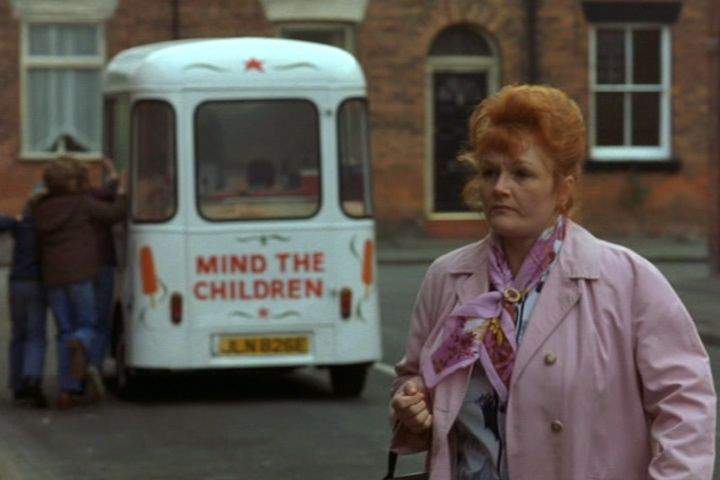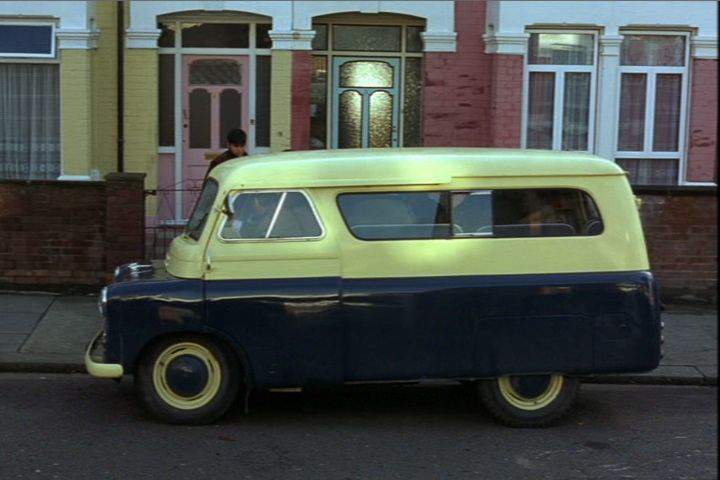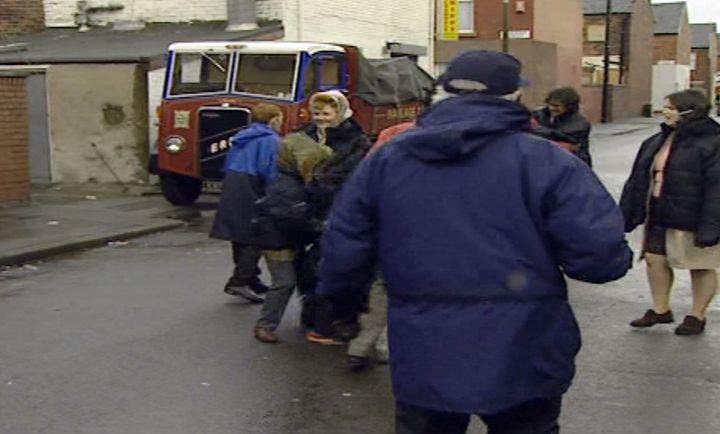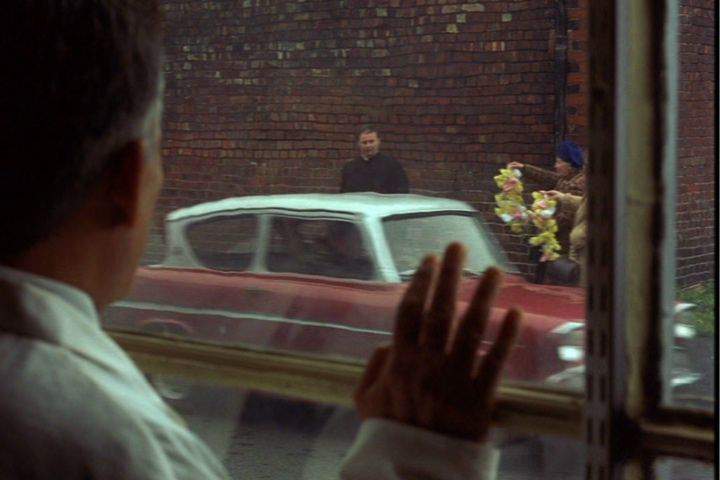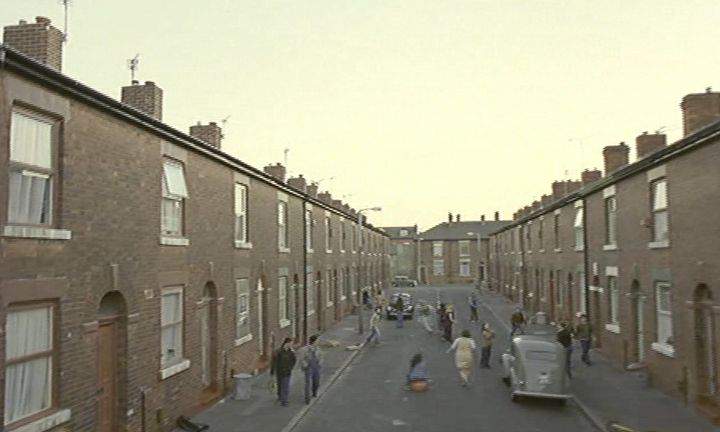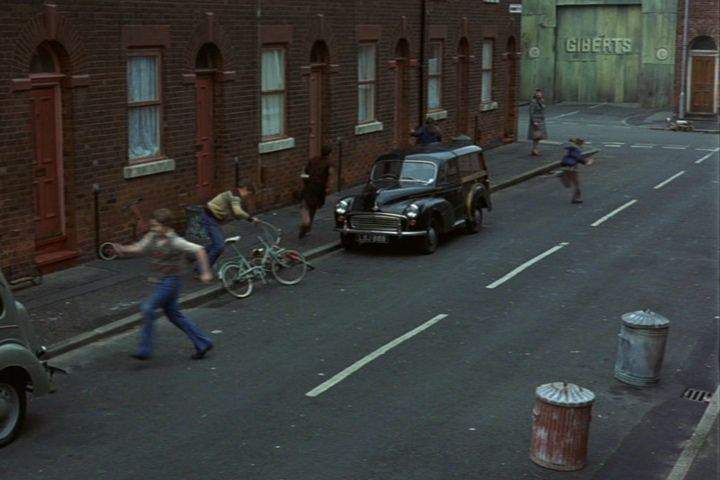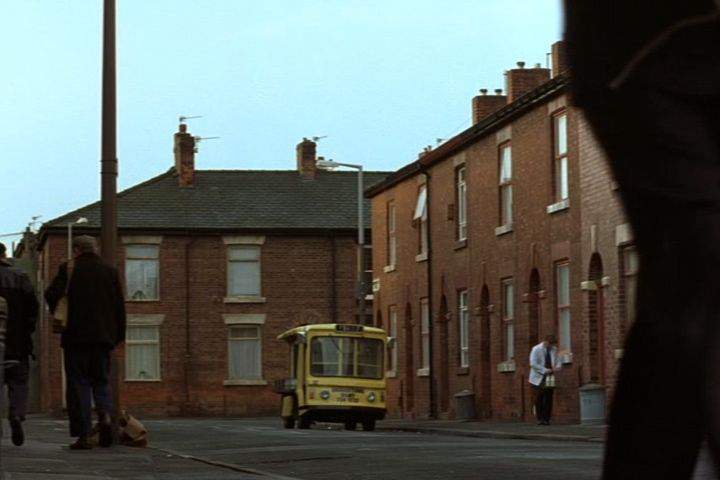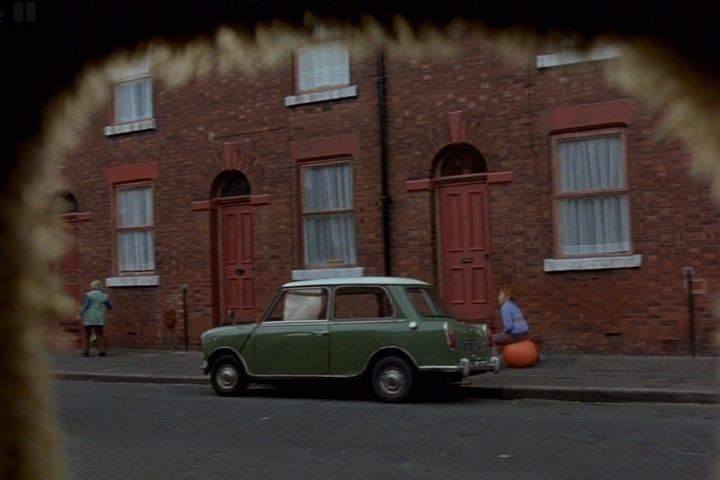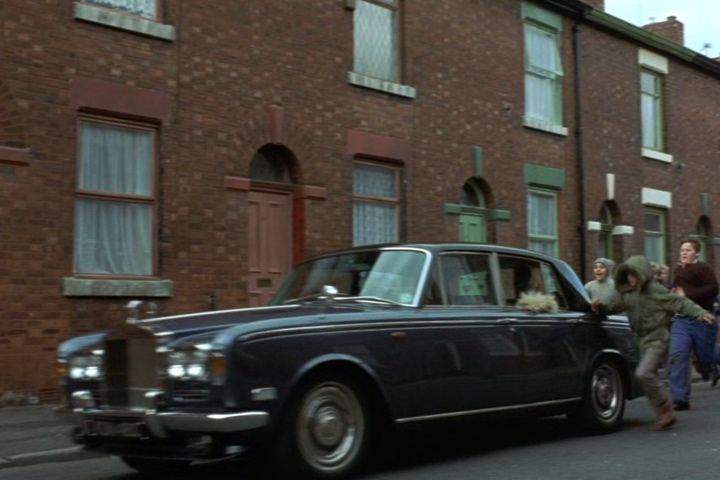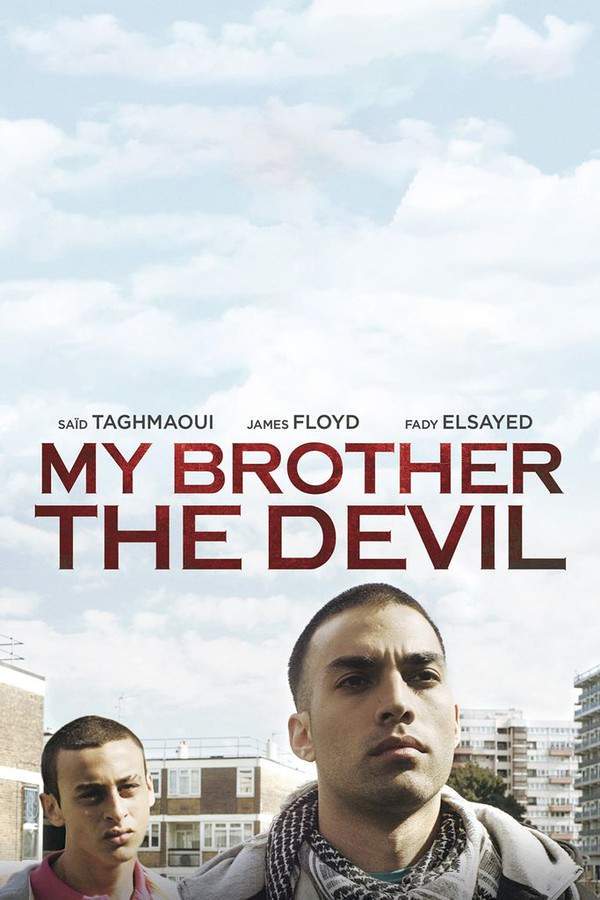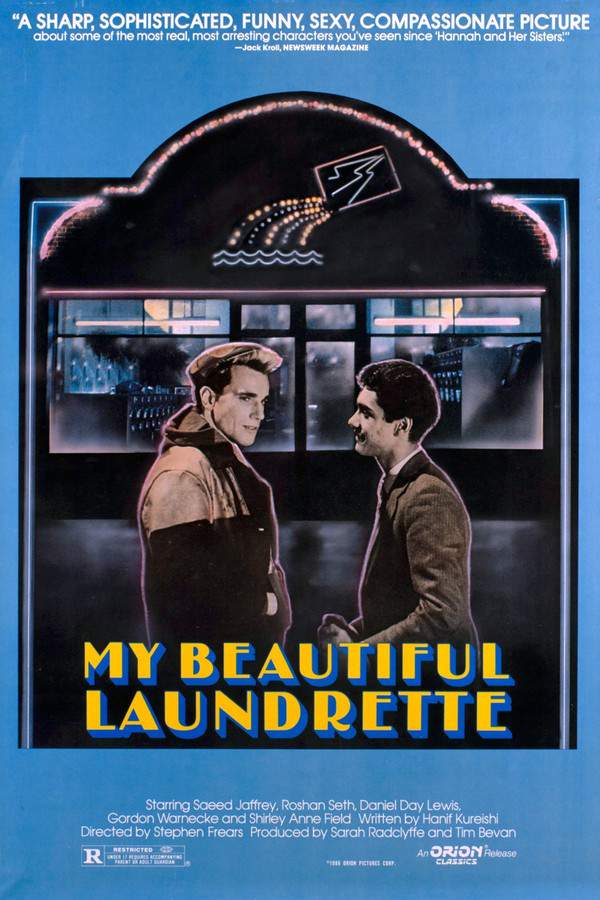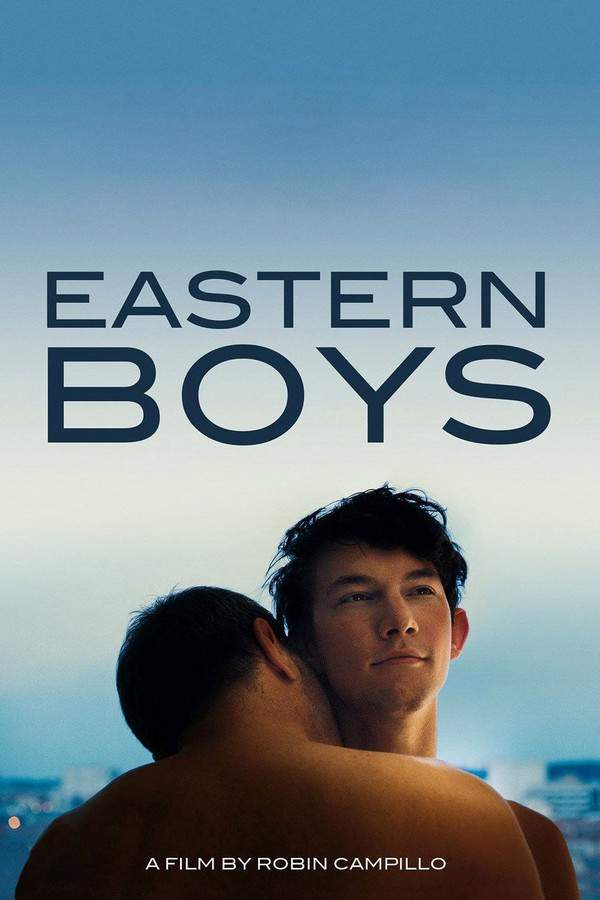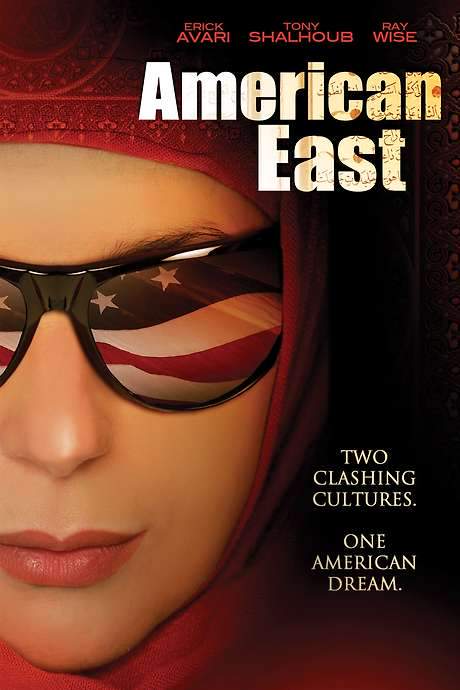East Is East 2000

In 1970s Salford, England, George Khan, a Pakistani man with deeply traditional values, clashes with his family as they navigate a rapidly changing world. His children challenge his authority; his daughter seeks independence, and his son embraces Western culture. This creates friction within the household and puts a strain on his wife, Ella, who attempts to mediate between George’s expectations and the evolving desires of her children, exploring themes of cultural identity and generational conflict.
Does East Is East have end credit scenes?
No!
East Is East does not have end credit scenes. You can leave when the credits roll.
Meet the Full Cast and Actors of East Is East
Explore the complete cast of East Is East, including both lead and supporting actors. Learn who plays each character, discover their past roles and achievements, and find out what makes this ensemble cast stand out in the world of film and television.
External Links and Streaming Options
Discover where to watch East Is East online, including streaming platforms, rental options, and official sources. Compare reviews, ratings, and in-depth movie information across sites like IMDb, TMDb, Wikipedia or Rotten Tomatoes.
Ratings and Reviews for East Is East
See how East Is East is rated across major platforms like IMDb, Metacritic, and TMDb. Compare audience scores and critic reviews to understand where East Is East stands among top-rated movies in its genre.

74
Metascore
6.3
User Score


79%
TOMATOMETER

78%
User Score

6.9 /10
IMDb Rating

66
%
User Score
Take the Ultimate East Is East Movie Quiz
Challenge your knowledge of East Is East with this fun and interactive movie quiz. Test yourself on key plot points, iconic characters, hidden details, and memorable moments to see how well you really know the film.
East Is East Quiz: Test your knowledge on the cultural challenges and family dynamics in 'East Is East'.
What is the name of the patriarch in 'East Is East' who holds his family's happiness secondary to his image?
Jahangir 'George' Khan
Abdul Khan
Nazir Khan
Maneer Khan
Show hint
Awards & Nominations for East Is East
Discover all the awards and nominations received by East Is East, from Oscars to film festival honors. Learn how East Is East and its cast and crew have been recognized by critics and the industry alike.
53rd British Academy Film Awards 2000
Best Film
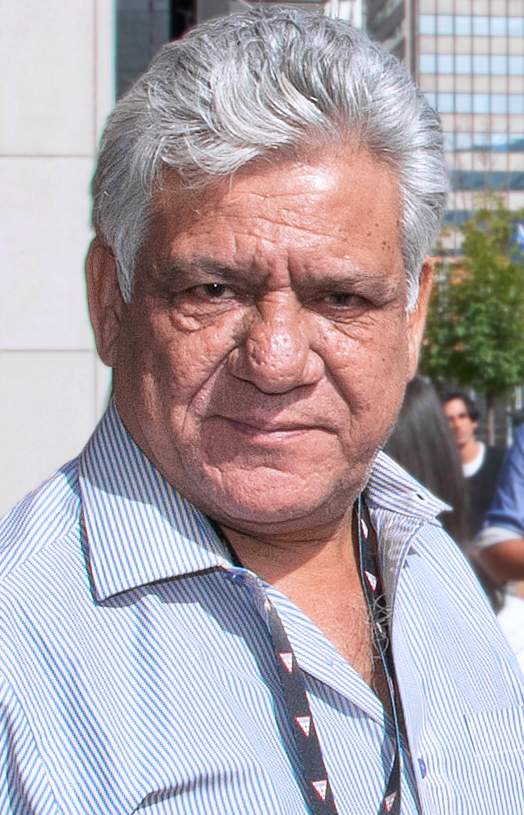
Outstanding British Film
Full Plot Summary and Ending Explained for East Is East
Read the complete plot summary of East Is East, including all major events, twists, and the full ending explained in detail. Explore key characters, themes, hidden meanings, and everything you need to understand the story from beginning to end.
Jahangir “George” Khan, portrayed by Om Puri, is a Pakistani Muslim who has made England his home since 1937. Despite his love for his family, George prioritizes his own image and dignity over their happiness. He is married to a woman in Pakistan but has also been with his second wife, Ella, a British Roman Catholic of Irish descent, for 25 years. Together, they share a bustling life, running a beloved fish and chips shop and raising seven children: Nazir, Abdul, Tariq, Maneer, Saleem, Meenah, and Sajid.
As George fixates on the 1971 conflict between East and West Pakistan, he becomes increasingly obsessed with arranging marriages for his children. However, his children, having been raised in Britain, begin to identify more with their British identity, distancing themselves from Pakistani traditions concerning food, dress, and religion. This cultural conflict ignites tensions within their family.
Ella tries to navigate her life quietly, with Auntie Annie often stepping in to help at the chip shop. She advises Ella to stand firm against George, who tends to push boundaries, particularly when it involves his children. Their second son, Abdul, is mostly passive but breaks his silence when he witnesses George’s mistreatment of Ella. Conversely, the third son, Tariq, rebels against George’s arranged marriage plans, even attempting to escape when faced with the prospect of losing his freedom.
Their tumultuous family dynamics also involve Nazir, who is disowned by George for exiting an arranged marriage in favor of a homosexual relationship. Meanwhile, youngest son Sajid struggles through the painful process of circumcision that ultimately becomes a turning point for Ella as she reassesses her position in the family.
The arrival of Mr. Shah introduces further conflict, as he insists on marrying off his unattractive daughters to George’s sons. George’s overbearing nature leads him to make unreasonable promises, and when the truth of his plans is revealed, it results in chaos within the household. Tariq’s subsequent outrage leads to destruction and confrontation, drawing in not only Ella but also their children, who begin to see the cracks in their father’s authority.
As the family rallies against George, they face the climactic moment when Ella decides enough is enough, asserting that the prospective brides are simply not suitable for her family. The tension crescendos when George, faced by the unified front of his family, finds himself challenged in a way he has never experienced before. Ultimately, this stands as a testament to the shifting dynamics in a family grappling with cultural expectations and the quest for individuality.
Uncover the Details: Timeline, Characters, Themes, and Beyond!

Coming soon on iOS and Android
The Plot Explained Mobile App
From blockbusters to hidden gems — dive into movie stories anytime, anywhere. Save your favorites, discover plots faster, and never miss a twist again.
Sign up to be the first to know when we launch. Your email stays private — always.
Watch Trailers, Clips & Behind-the-Scenes for East Is East
Watch official trailers, exclusive clips, cast interviews, and behind-the-scenes footage from East Is East. Dive deeper into the making of the film, its standout moments, and key production insights.
Cars Featured in East Is East
Explore all cars featured in East Is East, including their makes, models, scenes they appear in, and their significance to the plot. A must-read for car enthusiasts and movie buffs alike.
East Is East Themes and Keywords
Discover the central themes, ideas, and keywords that define the movie’s story, tone, and message. Analyze the film’s deeper meanings, genre influences, and recurring concepts.
East Is East Other Names and Titles
Explore the various alternative titles, translations, and other names used for East Is East across different regions and languages. Understand how the film is marketed and recognized worldwide.
Similar Movies To East Is East You Should Know About
Browse a curated list of movies similar in genre, tone, characters, or story structure. Discover new titles like the one you're watching, perfect for fans of related plots, vibes, or cinematic styles.
Quick Links: Summary, Cast, Ratings, More

What's After the Movie?
Not sure whether to stay after the credits? Find out!
Explore Our Movie Platform
New Movie Releases (2025)
Famous Movie Actors
Top Film Production Studios
Movie Plot Summaries & Endings
Major Movie Awards & Winners
Best Concert Films & Music Documentaries
Movie Collections and Curated Lists
© 2025 What's After the Movie. All rights reserved.
















